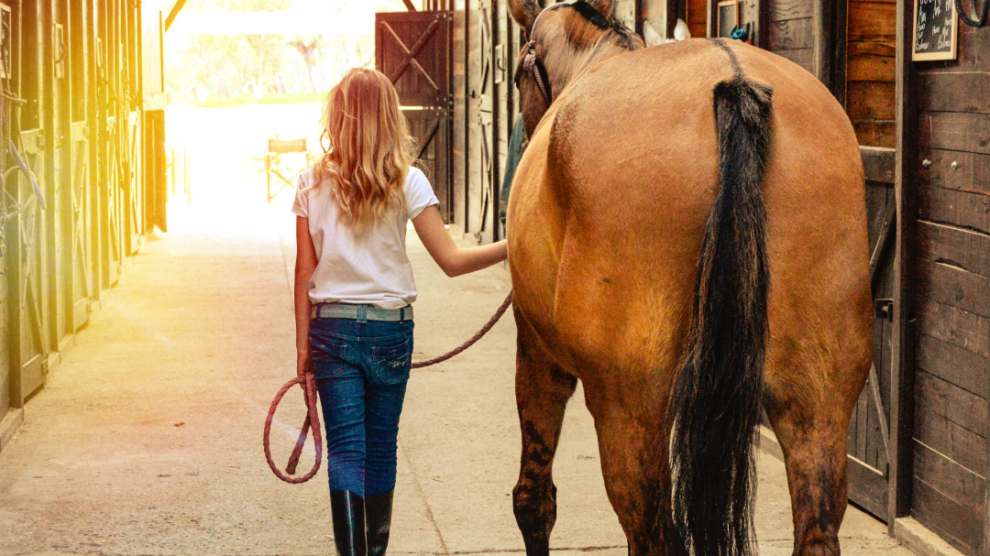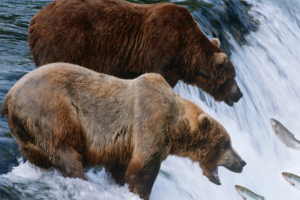Owning a horse is a dream for many, but the reality of how much does a horse cost must be addressed before you start galloping across open fields and forging a deep bond with a majestic animal. The reality of horse ownership includes a significant financial commitment. From the initial purchase price to ongoing care and maintenance, understanding the costs involved is crucial for prospective horse owners. This comprehensive guide breaks down the various expenses associated with owning a horse, helping you prepare for the financial journey ahead.
The Initial Purchase Price: Finding Your Horse
Factors Influencing the Purchase Price
The cost of buying a horse varies widely based on several factors:
- Breed: Different horse breeds come with varying price tags. Purebred horses, like Arabian or Thoroughbred, often command higher prices than mixed breeds or less famous types.
- Age: Younger horses, especially those with the potential for training and a long working life, tend to be more expensive. Older horses might be cheaper but could come with additional healthcare costs.
- Training and Experience: A well-trained, experienced horse will cost more than an untrained or green horse. Horses trained for specific disciplines (like dressage or jumping) also fetch higher prices.
- Health and Condition: Horses in peak health and good physical condition are priced higher. Horses with health issues or those requiring rehabilitation might be less expensive but could incur higher future costs.
- Pedigree and Lineage: Horses from prestigious bloodlines with proven track records in competition or breeding often come with hefty price tags.
Average Costs by Type
- Recreational Horses: For general riding or as companions, prices range from $1,000 to $10,000, depending on the factors above.
- Show or Competition Horses: High-quality show horses or those trained for specific competitions can cost anywhere from $10,000 to over $50,000.
- Specialty Breeds: Rare or highly sought-after breeds can command prices well into the six figures.
Additional Purchase Considerations
- Pre-Purchase Exam: A vet check before buying can cost between $250 and $500. This is a critical step to ensure the horse’s health and identify any potential issues.
- Transport: Transporting your new horse to your home or stable can range from a few hundred to several thousand dollars, depending on the distance and the transport method.
Ongoing Costs of Horse Ownership
Boarding
If you don’t have your own stable, you’ll need to board your horse. Boarding costs depend on location, amenities, and the level of care provided.
- Self-Care Boarding: You provide feed, cleaning, and care. Costs range from $100 to $300 per month.
- Full-Care Boarding: The stable provides feeding, cleaning, and daily care. Prices range from $400 to $1,200 per month.
- Premium Boarding: Includes extras like training, grooming, and specialized care. These facilities can cost $1,200 to $2,500+ per month.
Feed and Supplements
Horses require a balanced diet, including hay, grain, and supplements. The cost varies based on the horse’s size, age, and activity level.
- Hay: $100 to $300 per month.
- Grain and Feed: $50 to $150 per month.
- Supplements: $30 to $100 per month.
Veterinary Care
Routine veterinary care is essential to keep your horse healthy. Expect to budget for:
- Annual Check-Ups: $200 to $300.
- Vaccinations: $100 to $300 per year.
- Dental Care: $100 to $300 per year.
- Emergency Care: Costs can vary widely. It’s wise to have an emergency fund or insurance.
Farrier Services
Horses need regular hoof care, typically every 6-8 weeks.
- Trimming: $30 to $60 per session.
- Shoeing: $80 to $150 per session.
- Specialized Farrier Services: Costs can increase for corrective shoeing or other special needs.
Tack and Equipment
You’ll need various equipment to ride and care for your horse. Initial purchases can be expensive, but quality gear lasts for years.
- Saddle: $500 to $3,000.
- Bridle and Bit: $50 to $300.
- Grooming Supplies: $50 to $200.
- Blankets and Sheets: $50 to $300.
- Miscellaneous Equipment: $100 to $500.
Training and Lessons
Training costs depend on your horse’s level and your goals. Professional training or lessons are beneficial, especially for new owners or competitive riders.
- Professional Training: $500 to $1,500 per month.
- Riding Lessons: $30 to $100 per session.
Insurance
Insurance can help manage the financial risks of horse ownership. Policies vary based on coverage for medical, mortality, and liability.
- Mortality Insurance: 3% to 5% of the horse’s value per year.
- Medical Insurance: $300 to $1,000 per year, depending on coverage.
- Liability Insurance: $150 to $500 per year.
Miscellaneous Expenses
Don’t forget to budget for other costs like:
- Show Fees: If you compete, entry fees and travel expenses can add up.
- Stable Supplies: Bedding, cleaning tools, and barn maintenance.
- Fly Control: Fly masks, sprays, and other pest management products.
Budgeting for Horse Ownership
Creating a Monthly and Annual Budget
Start by listing all the potential expenses and creating a realistic budget. Consider both fixed and variable costs, and don’t forget to include a cushion for unexpected expenses.
Planning for Emergencies
Having an emergency fund specifically for your horse can be a lifesaver. Veterinary emergencies, unexpected health issues, or other unforeseen expenses can be financially challenging.
Cost-Saving Tips
- Buy in Bulk: Purchasing feed and supplies in bulk can save money.
- DIY Care: If possible, handle tasks like grooming, basic medical care, and feeding yourself.
- Shared Boarding: Sharing boarding facilities or pasture with other owners can reduce costs.
- Second-Hand Equipment: Consider buying used tack and equipment in good condition.
Is Owning a Horse Worth It?
Owning a horse is a significant financial commitment, but for many, the joy and fulfillment it brings are priceless. Before purchasing, carefully consider your budget, lifestyle, and ability to commit to the ongoing care of a horse. If you’re prepared for the expenses and responsibilities, the rewards of horse ownership—companionship, outdoor activity, and the sheer joy of riding—can be immeasurable.
Conclusion
Understanding the full cost of horse ownership is essential for anyone considering bringing a horse into their life. From the initial purchase price to ongoing care and unexpected expenses, budgeting is key. By planning ahead and making informed decisions, you can enjoy the incredible experience of horse ownership while managing the financial aspects responsibly.























